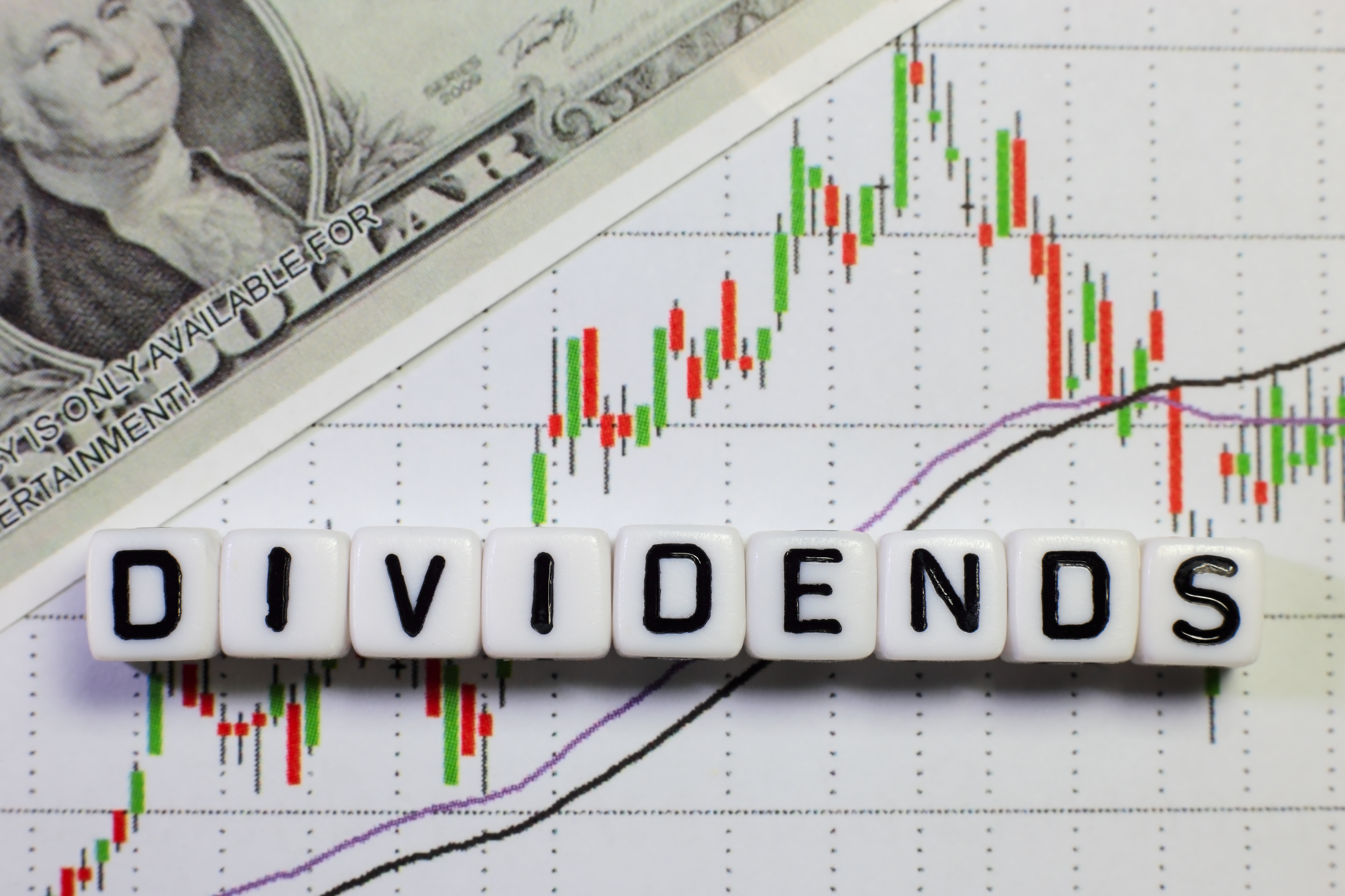
Trading in financial markets can be as much a test of mental strength as it is of financial acumen. As traders navigate the volatile world of stocks, bonds, and currencies, understanding the psychological aspects of trading becomes crucial. This article will explore the key psychological challenges traders face and offer strategies for maintaining composure and making disciplined decisions.
Understanding the Trader’s Mind
The financial market is a complex and dynamic environment that requires not only a deep understanding of economic indicators and market trends but also a strong grasp of one’s own emotions and biases. Psychological factors such as fear, greed, and overconfidence can significantly impact decision-making, leading to potentially costly mistakes.
Emotional Challenges in Trading
Trading is an emotional rollercoaster, with rapid shifts from euphoria to despair. These emotional swings can cloud judgment, leading traders to make impulsive decisions that deviate from their trading plans.
Fear and Greed: The Twin Obstacles
Fear and greed are powerful emotions that drive much of the trading activity in financial markets. Fear of missing out (FOMO) can lead traders to jump into trends too late, while fear of loss can cause premature exits from positions. Conversely, greed can lead to holding onto winning positions for too long, hoping for even greater profits, or taking on excessive risk.
Overconfidence and Market Predictions
Overconfidence is another common pitfall. After a series of successful trades, a trader might become overly confident in their ability to predict market movements, ignoring signals that suggest a change in trend or underestimating the risks involved.
Strategies for Emotional Regulation
To combat the psychological challenges of trading, adopting strategies for emotional regulation and disciplined decision-making is essential.
Setting Clear Goals and Limits
Establishing clear trading goals and setting strict limits on losses can help traders avoid emotional decisions. By deciding in advance how much risk to accept and when to exit a losing trade, traders can reduce the temptation to let emotions drive their actions.

Developing a Trading Plan
A well-considered trading plan that outlines strategies, entry and exit points, and risk management techniques is crucial. Following a plan helps traders stay focused and disciplined, reducing the impact of emotional responses to market fluctuations.
Keeping a Trading Journal
Maintaining a detailed trading journal can provide valuable insights into both successful and unsuccessful trades. By regularly reviewing this journal, traders can identify patterns in their decision-making, learn from their mistakes, and reinforce successful strategies.
The Role of Mindfulness and Stress Management
Mindfulness techniques and stress management practices can also play a significant role in maintaining psychological balance in trading. Practices such as meditation, deep breathing, and regular physical exercise can help traders manage stress and maintain a clear mind.
Continuous Learning and Adaptation
The financial markets are constantly changing, and what worked yesterday may not work today. Successful traders are always learning, adapting their strategies, and staying informed about market trends and economic indicators.
Seeking Support and Education
Joining trading communities or seeking mentorship can provide support and valuable insights. Sharing experiences with other traders can offer new perspectives and help in overcoming common psychological challenges.
Navigating the Psychological Landscape of Trading
Trading success is not just about making accurate market predictions; it’s also about managing one’s emotions and psychological responses. By understanding the psychological challenges of trading and implementing strategies to maintain emotional equilibrium, traders can improve their decision-making processes and increase their chances of success.
The psychology of trading is a critical aspect that often goes overlooked. However, by acknowledging the emotional challenges and applying disciplined strategies, traders can navigate the markets more effectively, keeping a level head amidst the highs and lows of trading activity.










